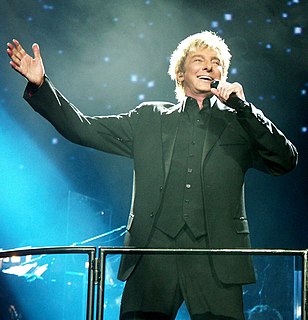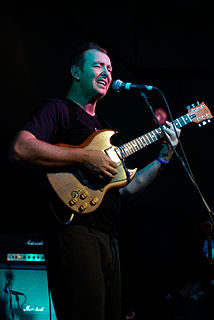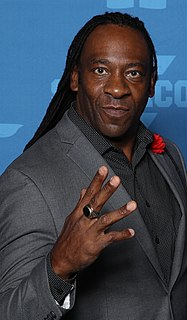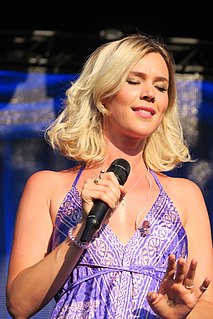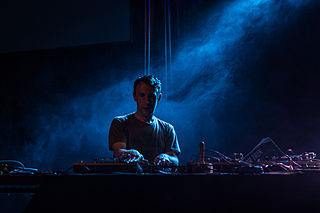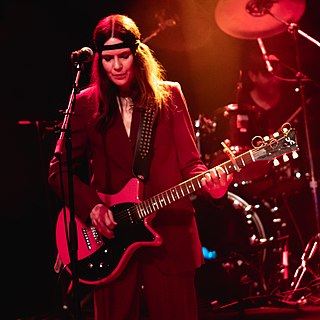A Quote by Taj Mahal
No matter what went down, music was always going to be a part of my life. What ultimately happened is that, over a period of time, I just kind of looked around and when like, 'Wow! I'm actually making a living doing this.'
Related Quotes
I just always wanted a platform. In the past, I always dreamed of having a following and a fan base - you know, a group of people just listening and paying attention to what I was making. I think the reality kicked in that you have to make a living so that you have enough time to keep creating, you know? 'Cause if you're not making a living at this, then you're making a living working another job, and if you're working another job, you're spending all your time doing that and can't put enough time into the music.
I think when you leave a band in any situation that you are a part of.. I mean, when I was with It Bites I was a quarter of something, and when I was with Robert Plant I was a sixth of some- thing and when you leave you become the whole thing. So just after you spend time realizing what you are, and it just happened that I was doing that in my life as well as musically, it kind of happened at the same time. I was getting to a point in my life where I was beginning to realize who I am, and I like me.
It's funny, because it's like the fight when you watch it, it's probably going to be like five minutes, but it's taken us like a month to shoot it so I think what was really interesting was that instead of going through an entire fight sequence, you're doing one or two moves over and over and over, so I'd say it's less exhausting than actually training, because you're not really constantly going over the choreography, like the whole entire thing with everybody. You're just doing that one part that they need in the shot.
I always try to write about something that's actually happened or it doesn't always have to have happened to me, but it has to have happened at some point. So every single lyric that you hear comes from some kind of story that I've come across in my life. I like to think that that maybe helps me mean it a bit more and if you don't mean it, it ceases to be soul music.
The fun part, I will admit this much, there is a period when listening to my music is fun, and that's when I'm making it. There's a tiny little window before something gets old, but after it's come to fruition. There's a little window there where I can listen to a song probably about five times, and I'll really think it's awesome. That's kind of the period that lets me know when I - 99 percent of the time, that period is right about whether a song is going to be a keeper for an album or just a throwaway track that never gets - in that little window.
I'm from Louisiana, and that's where I got my start, in Cajun music. There's a huge music scene down there centered around our culture. Those are people that are not making music for a living. They are making music for the fun of it. And I think that's the best way I could have been introduced to music.
When I first started making music, I didn't really know what I was doing. I just wanted to write songs. I didn't have a concept. I didn't think it through. I was just flailing around doing what comes naturally. It took me a really long time to step back and deal with what I was doing with any kind of perspective or self-awareness.





